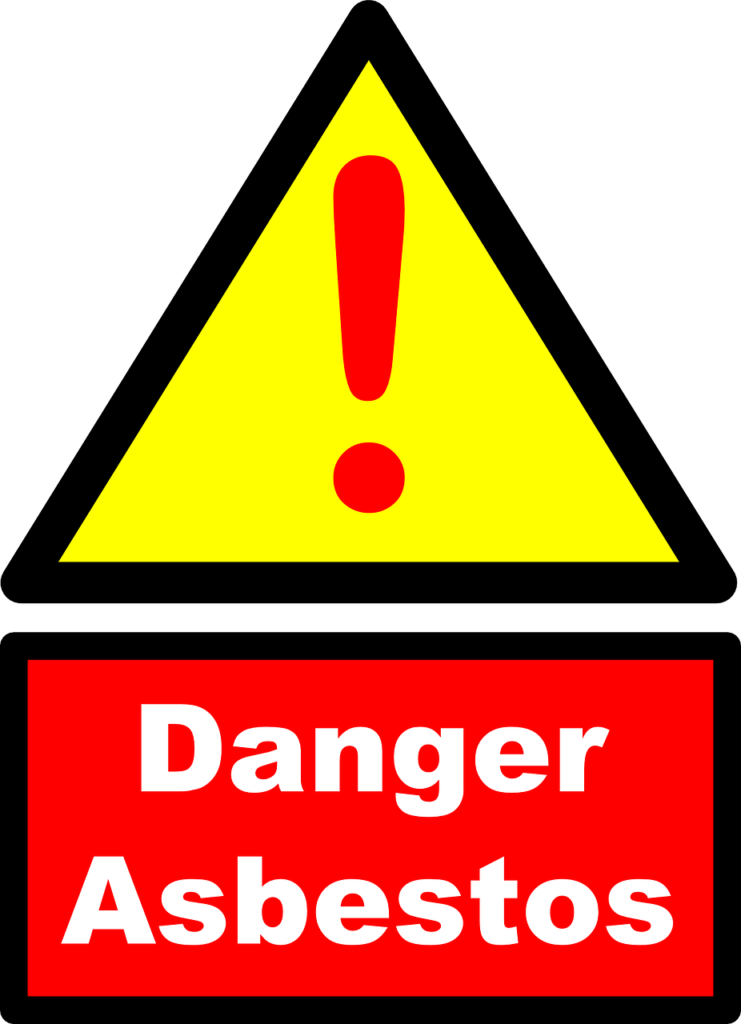Toxic tort refers to a legal claim that arises from exposure to hazardous chemicals or substances. It’s an instance of personal injury litigation in which the plaintiff asserts they have been injured due to exposure to such dangerous material, leading to harm or illness as a result.
Toxic tort cases can arise from exposure to various substances, including asbestos, lead, pesticides, mold, and more. These exposures may take place through inhalation, ingestion, or contact with the skin.
Litigating toxic tort cases can be a complex and time-consuming endeavor, as they typically involve scientific and medical evidence to establish causation between exposure to hazardous materials and the plaintiff’s harm. Furthermore, toxic tort cases often involve multiple plaintiffs since one chemical exposure can affect many individuals who were exposed to that same substance in one location or industry.
Toxic tort claims seek to hold responsible parties accountable for exposing individuals to hazardous substances and compensate victims for their injuries and damages.
There are many types of toxic torts, but some of the most prevalent include:
Asbestos Exposure: When someone is exposed to asbestos fibers, they can develop serious lung diseases like mesothelioma, lung cancer, and asbestosis.
Lead Poisoning: Lead exposure can occur through ingestion or inhalation of lead particles. This exposure may result in various health problems, such as developmental delays, learning disabilities, and behavioral issues.
Pesticide Exposure: Exposing to pesticides can result in a range of health problems, such as respiratory issues, skin irritation, and neurological damage.
Mold Exposure: Mold exposure can result in a variety of health issues, such as respiratory difficulties, skin rashes, and neurological damage.
Benzene Exposure: Benzene, which is often found in gasoline, can pose serious health risks and lead to leukemia, lymphoma, and other blood cancers.
Pharmaceutical Exposure: Certain prescription drugs can have serious side effects that could harm patients. Examples include Vioxx, which was linked to heart attacks and strokes, and Accutane, which has been linked to birth defects.
These are just a few examples of the many toxic torts that may result from exposure to hazardous substances.
If you believe you have suffered harm due to exposure to a toxic substance, you may be eligible to sue for damages in a toxic tort case.
Here are the general steps involved with filing for such compensation:
Consult With an Attorney: Toxic tort cases are complex and require the expertise of a knowledgeable attorney with experience in this area. Speak to someone who has handled toxic tort cases to determine if you have a case and explore your legal options.
Determine Liable Parties: Determine who is accountable for exposing you to the hazardous substance, such as the manufacturer, distributor, or employer. This may be difficult if exposure took place over an extended period or in multiple locations.
Collect Evidence: Gather proof that you were exposed to a toxic substance, that the exposure caused your illness or injury, and that the responsible party is accountable for damages caused. This may include medical records, employment records, environmental reports, as well as witness testimony.
Filing a Lawsuit: Your attorney will create and file a complaint with the appropriate court, outlining all of the details of your case, including any harm suffered and damages sought. This document outlines all relevant facts in detail.
Litigation and Trial: Your case will go through the litigation process, which may include discovery, depositions, and other pre-trial procedures. If it doesn’t settle at that stage, then it may go to trial where either a judge or jury will determine the outcome.
Settlement or Judgment: If the case does not settle, a judge or jury will issue a judgment. If you win, damages such as compensation for medical expenses, lost wages, pain, and suffering may be awarded in addition to other types of losses.
Suing for a toxic tort can be an extensive and challenging process; however, with the guidance of an experienced attorney, you may be able to receive compensation for your injuries and damages.
If you need help navigating the legal system, it’s important to seek assistance first from a personal injury lawyer.
Darfoor Law Firm is here to help you and guide you with the best course of action.
Accidents can be tough to deal with and you need someone who will understand, sympathize, and fight for you.
Call us at +1-833-DARFOOR for a free consultation and case evaluation.
If you need help navigating the legal system, it’s important to seek assistance first from a personal injury lawyer.
Darfoor Law Firm is here to help you and guide you with the best course of action.
Accidents can be tough to deal with and you need someone who will understand, sympathize, and fight for you.
Call us at +1-833-DARFOOR for a free consultation and case evaluation.


